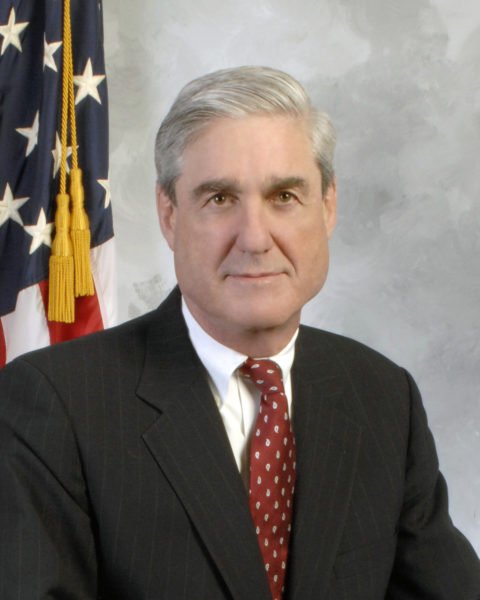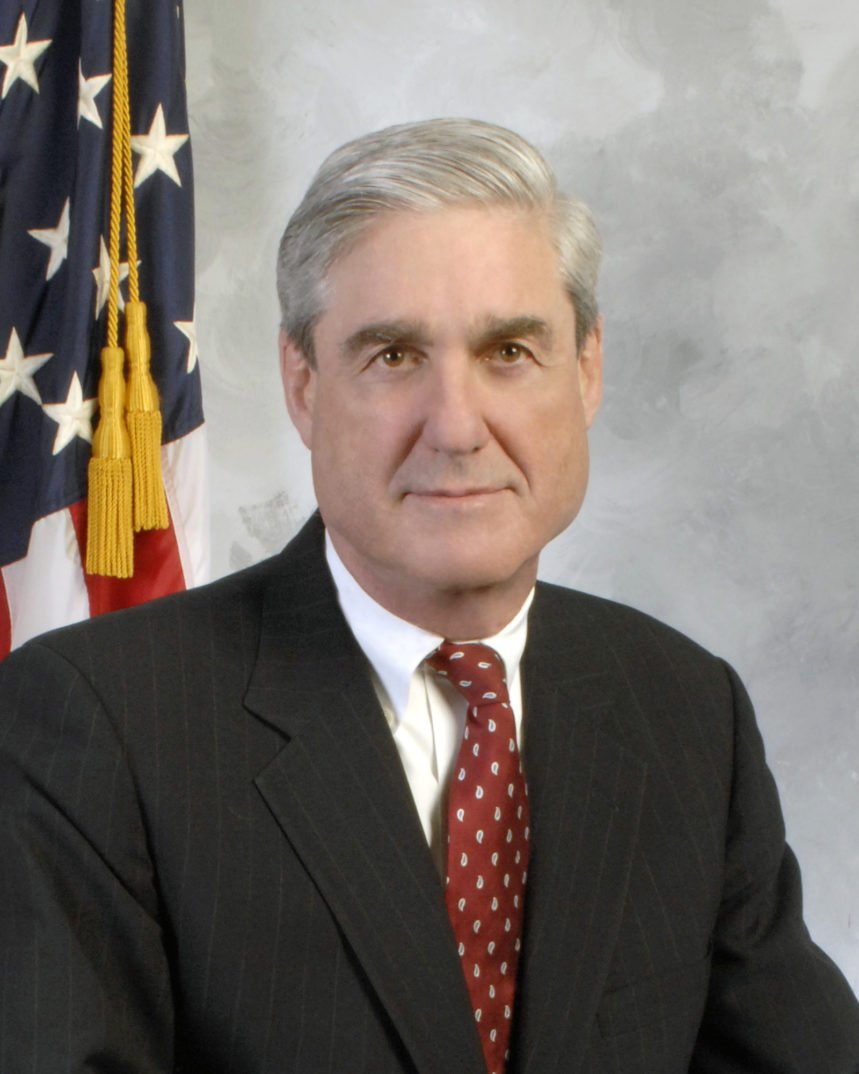Former FBI Director Robert Mueller has been named special counsel to oversee an inquiry into Russia’s alleged meddling in the election and any Trump campaign ties.
In naming Robert Mueller, Deputy Attorney General Rod Rosenstein said it was in the public interest to have an outsider.
The appointment was widely endorsed by politicians from both sides.
Calls for a special investigation had mounted since President Donald Trump fired FBI Director James Comey last week.
The announcement apparently took the White House by surprise, with President Trump only being informed of it after Deputy Attorney General Rod Rosenstein had signed the order.
The FBI and Congress are looking into potential links between Donald Trump’s campaign team and Russia. Robert Mueller will take over the FBI investigation.
US intelligence agencies believe Moscow tried to tip the election in favor of Donald Trump.
In his statement announcing the move, Rod Rosenstein said: “The public interest requires me to place this investigation under the authority of a person who exercises a degree of independence from the normal chain of command.”
Robert Mueller, who will have wide-ranging powers, said simply: “I accept this responsibility and will discharge it to the best of my ability.”
Just over an hour after the news of Robert Mueller’s appointment emerged, President Trump predicted the new investigation would clear him and his team. Previously, the White House had said there was no need for an outsider to lead an inquiry.

“A thorough investigation will confirm what we already know – there was no collusion between my campaign and any foreign entity,” said President Trump.
The top Democrat in the Senate, Chuck Schumer, said Robert Mueller was “exactly the right kind of individual for this job”.
However, House minority leader Nancy Pelosi was more cautious, saying: “A special prosecutor is the first step, but it cannot be the last.
“He cannot take the place of a truly independent, outside commission that is completely free from the Trump administration’s meddling.”
Republican leaders were also restrained.
Senate Majority Leader Mitch McConnell said the appointment “confirms that the investigation… will continue.”
House Speaker Paul Ryan said: “My priority has been to ensure thorough and independent investigations are allowed to follow the facts wherever they may lead… The addition of Robert Mueller as special counsel is consistent with this goal.”
Normally US prosecutors answer to the attorney general. However, for investigations into high-ranking officials in the executive branch the attorney general – or in this case Rod Rosenstein – can appoint a special counsel with greater independence from the executive.
However, while special counsels are free from day-to-day supervision by the justice department, they must notify the attorney general of any “significant” action and they would need to ask permission to expand the investigation beyond their mandate.
Robert Mueller has the authority to investigate not only links or co-ordination between Russia and Trump campaign officials, but also “any matters that arose or may arise directly from the investigation”.
The role should not be confused with that of independent counsel, a role introduced in legislation by Congress after the 1970s Watergate scandal.
Appointed by a three-judge panel, the independent counsel operated outside the jurisdiction of the justice department.
However, after the experiences of the Iran-Contra investigation during the Reagan administration and the inquiry into President Bill Clinton’s Whitewater land deal, the law fell out of favor with both Republicans and Democrats, and Congress failed to renew it in 1999.
The White House has been engulfed in crisis following James Comey’s abrupt dismissal and allegations that President Trump asked the ousted FBI chief to drop an inquiry into links between his ex-national security adviser and Russia.
President Trump’s national security adviser, Michael Flynn, was forced out in February after he misled the vice-president about his conversations with Russia’s ambassador before Donald Trump took office.
The White House has denied it put pressure on James Comey but the revelations fuelled Democratic claims that President Trump had tried to conceal his team’s connection to Russia.
Robert Mueller, 72, served as FBI director for 12 years under Presidents George W. Bush and Barack Obama as the longest serving bureau chief since J. Edgar Hoover.
https://www.youtube.com/watch?v=scr2dhPLkRs


